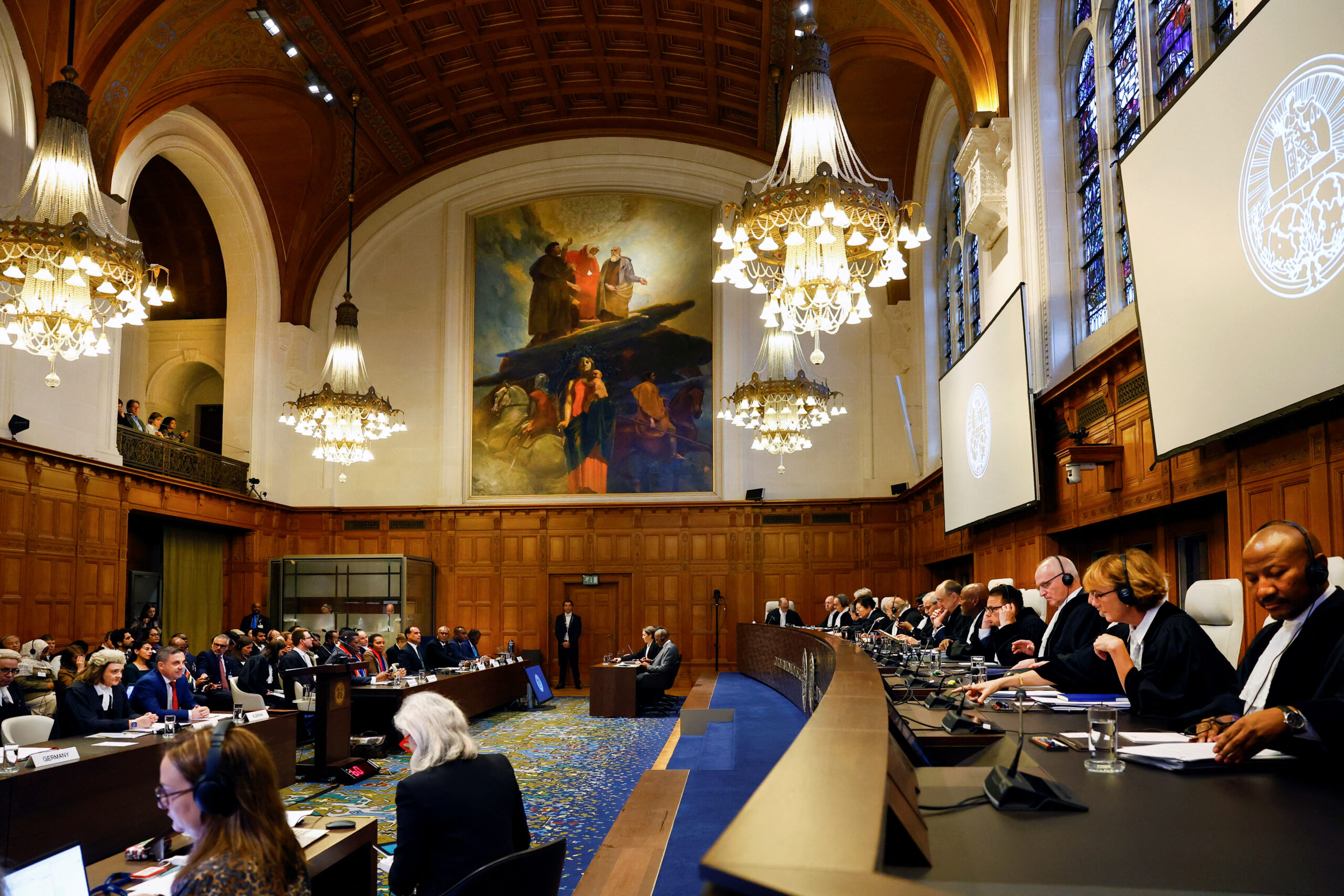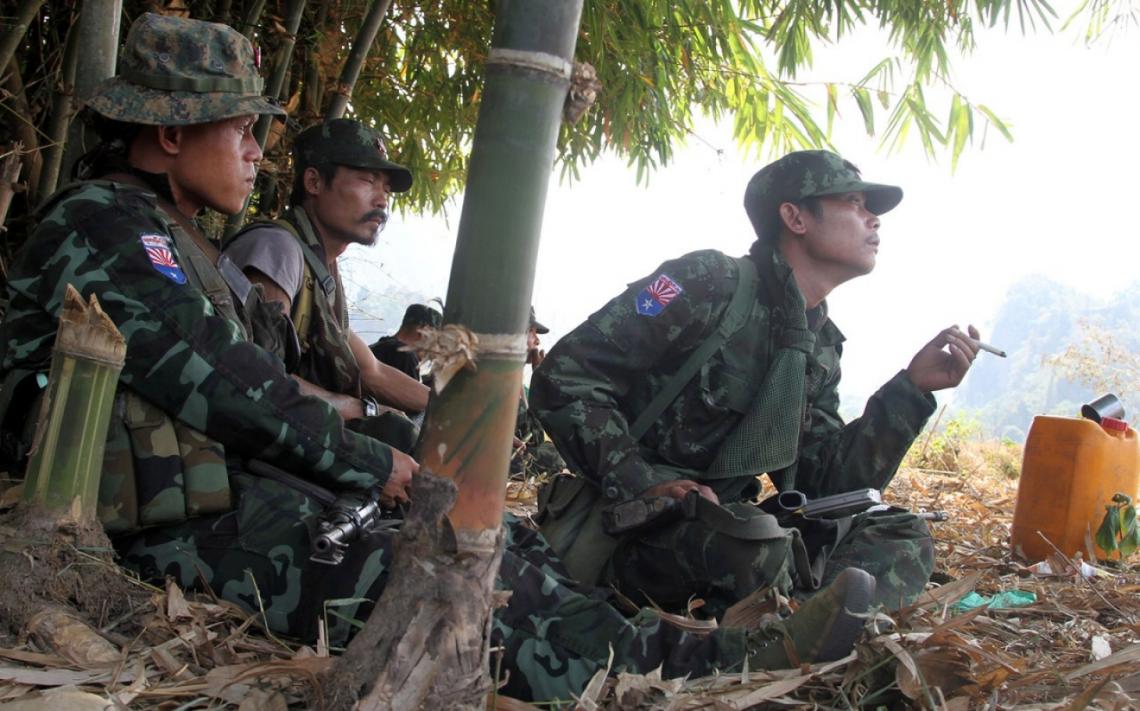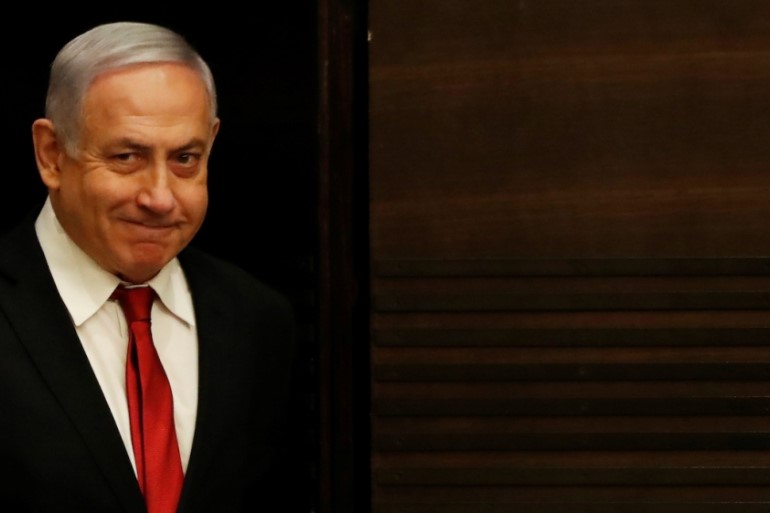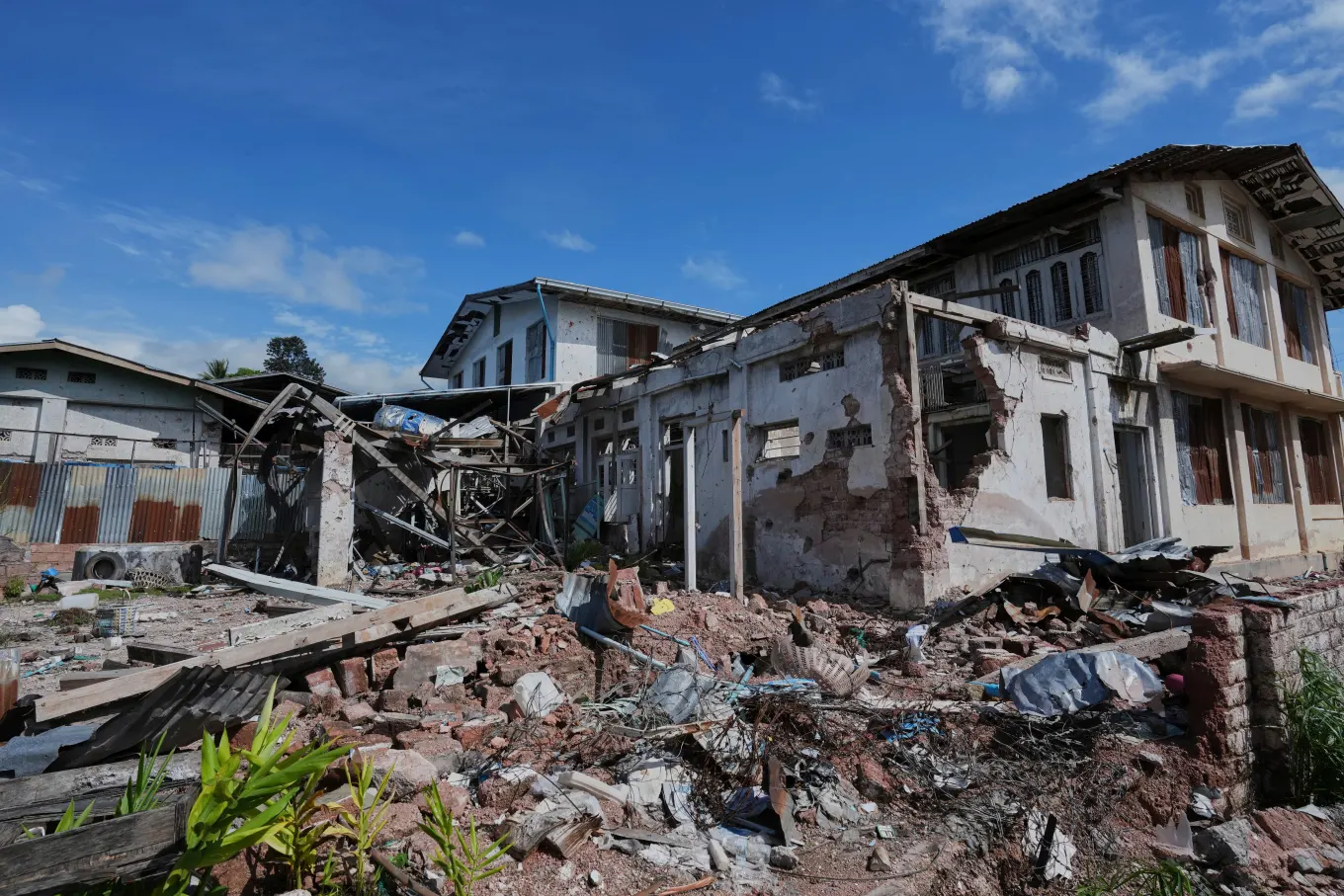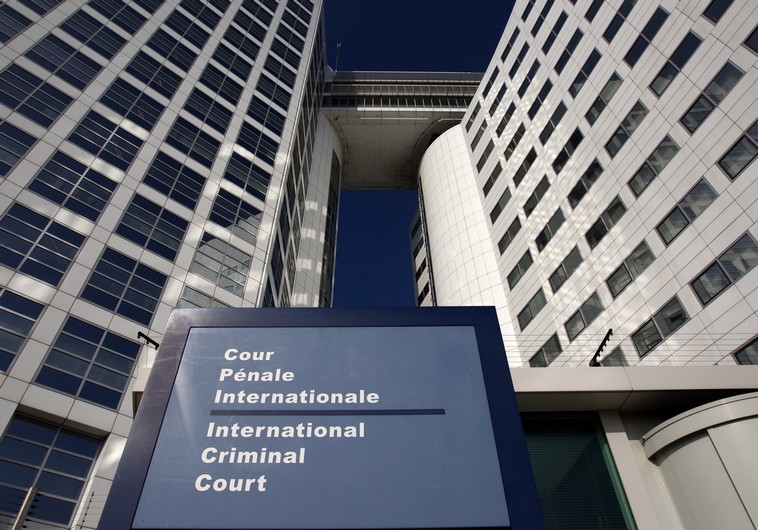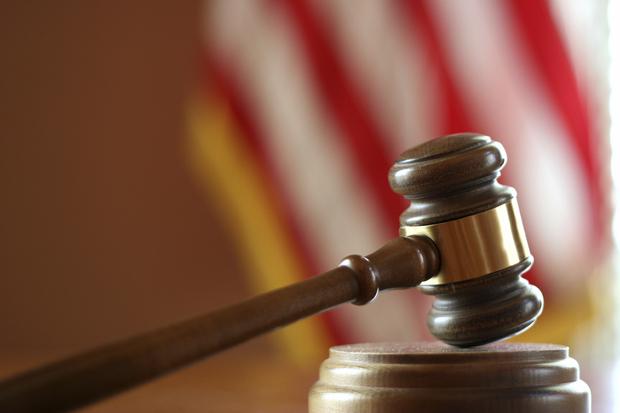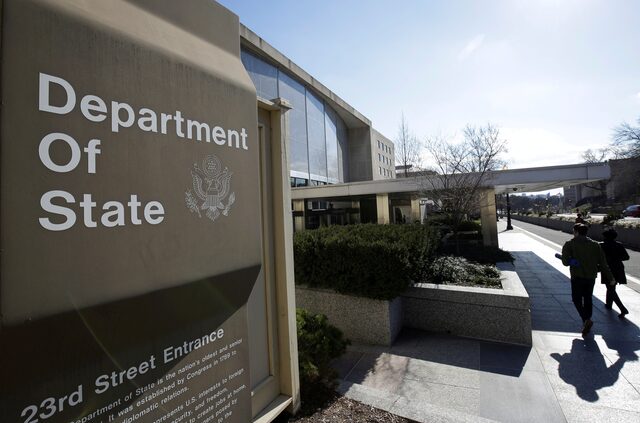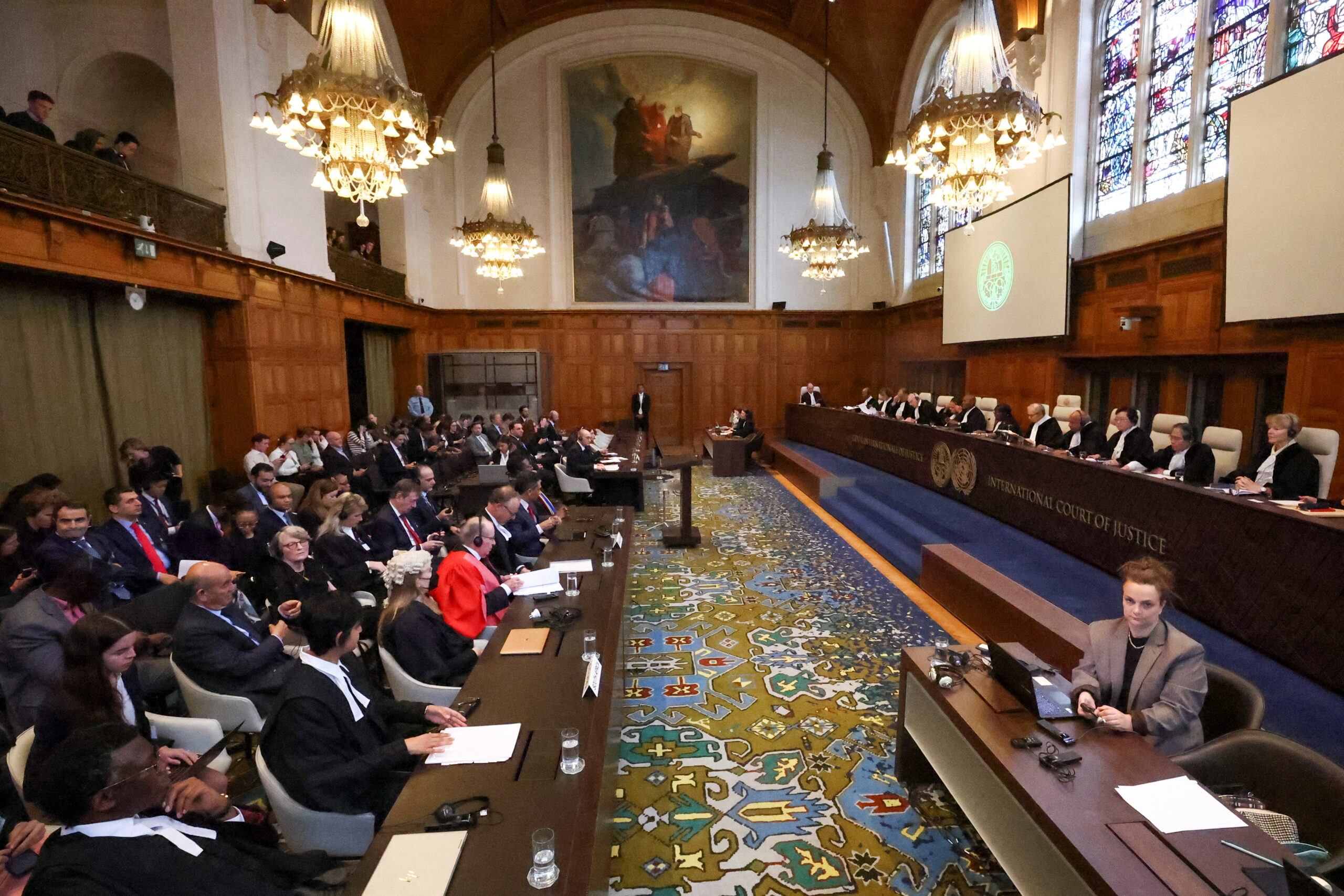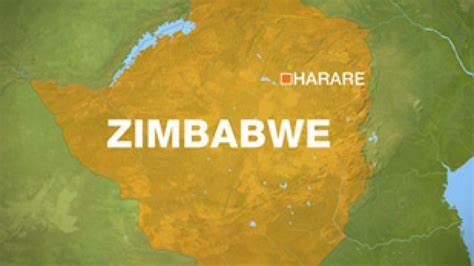Genocide suspect Beatrice Munyenyezi deported to Rwanda
![Beatrice Munyenyezi [AP]](https://liberties.aljazeera.com/resources/uploads/2021/04/1618740066.jpg)
Beatrice Munyenyezi [AP]
The Rwandan genocide suspect Beatrice Munyenyezi has been deported to Rwanda from the US. She was arrested upon arrival in Rwanda on Friday where she faces seven charges related to the 1994 genocide.
Munyenyezi, who had secured US citizenship in New Hampshire in 2003, was flown into Rwanda’s capital, Kigali, accompanied by US federal agents.
Munyenyezi was previously tried in the US state of New Hampshire and convicted for lying about her role in the genocide in order to get US citizenship. Munyenyezi lied about her role as a commander of one of the notorious roadblocks where Tutsis were singled out for slaughter. Her nickname during the genocide was The Commander. She subsequently spent 10 years in prison in Alabama.
Hitayezu
In another development French authorities said on Friday that a Rwandan priest, Marcel Hitayezu was arrested at his house in southwest France on Wednesday on charges of genocide and being an accomplice to crimes against humanity after this initial extradition to Rwanda was denied by France’s Cour de Cassation, the country’s highest criminal court.
During the genocide Hitayezu was a priest at a church in Mubuga in southern Rwanda.
Among other charges he is charged with providing, among other things, food to militiamen who massacred Tutsis in his church during the genocide.
‘Wider picture of litigation’
Commenting on the Munyenyezi case and on seven similar cases in the US, Nicola Palmer, a senior lecturer in law at King’s College in London and expert on the Rwandan genocide said to Al Jazeera: ‘The deportation of Beatrice Munyenyezi fits into a much wider picture of litigation related to the Rwanda genocide against the Tutsi undertaken around the world. Four individuals have already been deported to Rwanda after completing their sentences and three others, namely Prudence Kantengwa, Jean Léonard Teganya and Gervais Ngombwa, are still serving time in US jails for immigration offences.’
‘There have been over 125 cases undertaken in 20 countries that have addressed the immigration status, extradition, deportation or trial of individuals suspected of involvement in the Rwandan genocide’, said Palmer.
She added: ‘These proceedings need to be understood on three fronts. First they offers a crucial route, championed by genocide survivors, to keep the experience of the 1994 genocide against theTutsi alive in the international sphere. Second, they are getting strong support from Western governments such as the US, Netherlands, France, Germany and the UK because they cohere with wider border control objectives and racialised anti-immigrant sentiment. Finally, for the Rwandan government, they play a crucial role in disciplining Rwandans outside of the country.’



